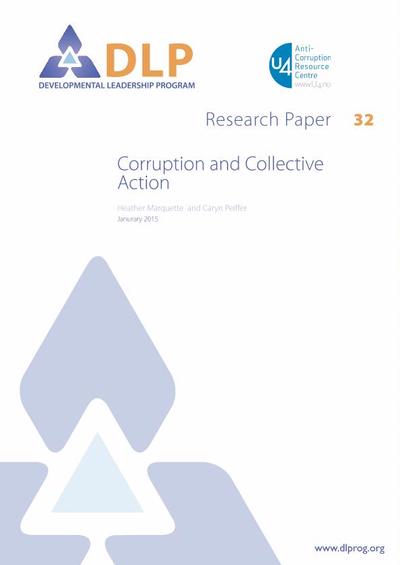U4 Issue
| 2011
Developing an NGO corruption risk management system: Considerations for donors
Bergen: Chr. Michelsen Institute (U4 Issue 2011:9) 30 p.
How to cite this publication:
Marijana Trivunovic, Jesper Johnsøn, Harald Mathisen (2011). Developing an NGO corruption risk management system: Considerations for donors. Bergen: Chr. Michelsen Institute (U4 Issue 2011:9)
English version: Elaborer un système de gestion des risques de corruption pour ONG : Réflexions à l'usage des donateurs
Non-governmental organisations (NGOs) are often on the front line of aid delivery, managing a significant proportion of aid funds. The risk of corruption in NGO operations is therefore a significant concern. Yet so far, many international donors and the NGOs themselves have not taken a comprehensive approach to managing these corruption risks. Based on an analysis of the systems of four donor agencies and four international NGOs, this report distills good practices for NGO corruption risk management systems.
Important risk assessment considerations include the capacity of the NGO, the type of operation, the operational context, and whether implementation is done by the NGO itself or by a partner NGO. To manage corruption risks, it is therefore recommended to conduct a risk analysis for the specific location, sector and type of programme; strengthen NGOs’ internal systems for corruption risk management; have better monitoring and whistle-blowing mechanisms for both NGOs and donors; nuance donors’ zero-tolerance policy approach; and establish due diligence measures through NGO selection criteria.
The report also argues that the common classification of corruption risk management tools as “administrative costs” is misguided. Corruption risk management should be promoted as an essential investment in institutional capacity development and therefore a necessary programme cost serving the overall goal of securing positive development outcomes.



